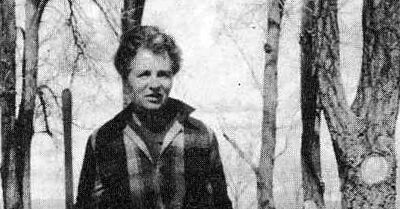Victor Vifquain (1836-1904), a native of Belgium, was one of the first Nebraskans to receive the Congressional Medal of Honor, first authorized for heroic action by military personnel during the Civil War. Vifquain was awarded the medal on June 8, 1865, for action at Fort Blakely, Alabama, on April 9 of that year.
At sixteen Vifquain was sent to the U.S. as a student. About 1857 he settled permanently in America in the Blue River valley of Saline County, Nebraska. He did not wait for Nebraska units to be formed when the Civil War broke out in 1861, but instead enlisted in the Fifty-third New York Infantry (disbanded before it saw action).
Before he reentered the army, Vifquain and three companions infiltrated the Confederate lines at Richmond in the spring of 1862 in an unsuccessful scheme to kidnap President Jefferson Davis. In June 1862 Vifquain was sent to Illinois, appointed adjutant of the Ninety-seventh Illinois by the governor there, and reached the rank of brevet brigadier general. In 1865, as the war entered its final days, Vifquain had a second chance to capture Davis. Suspecting that Davis was to be on a specific train, Vifquain captured it near Selma, Alabama, but the Confederate president was not on board.
Following the war Vifquain resumed management of his agricultural enterprises. He ran unsuccessfully for Congress in 1867 and in 1871 was a member of the Nebraska Constitutional Convention. He established the Daily State Democrat in Lincoln in 1879. In 1886 Vifquain was appointed U.S. Consul to Colombia by President Grover Cleveland and later served in several diplomatic posts in Panama. In 1891 he was appointed adjutant general of Nebraska by Governor James E. Boyd and in 1892 again ran unsuccessfully for Congress.
He went on active duty as a lieutenant colonel and adjutant of the Third Nebraska Infantry under Col. William Jennings Bryan during the Spanish-American War and became regimental commander when Bryan resigned. Vifquain took the regiment to Cuba as an occupational force following the war. After the peace treaty Vifquain retired to his home in Lincoln. He died there on January 7, 1904, while engaged in writing his memoirs.



